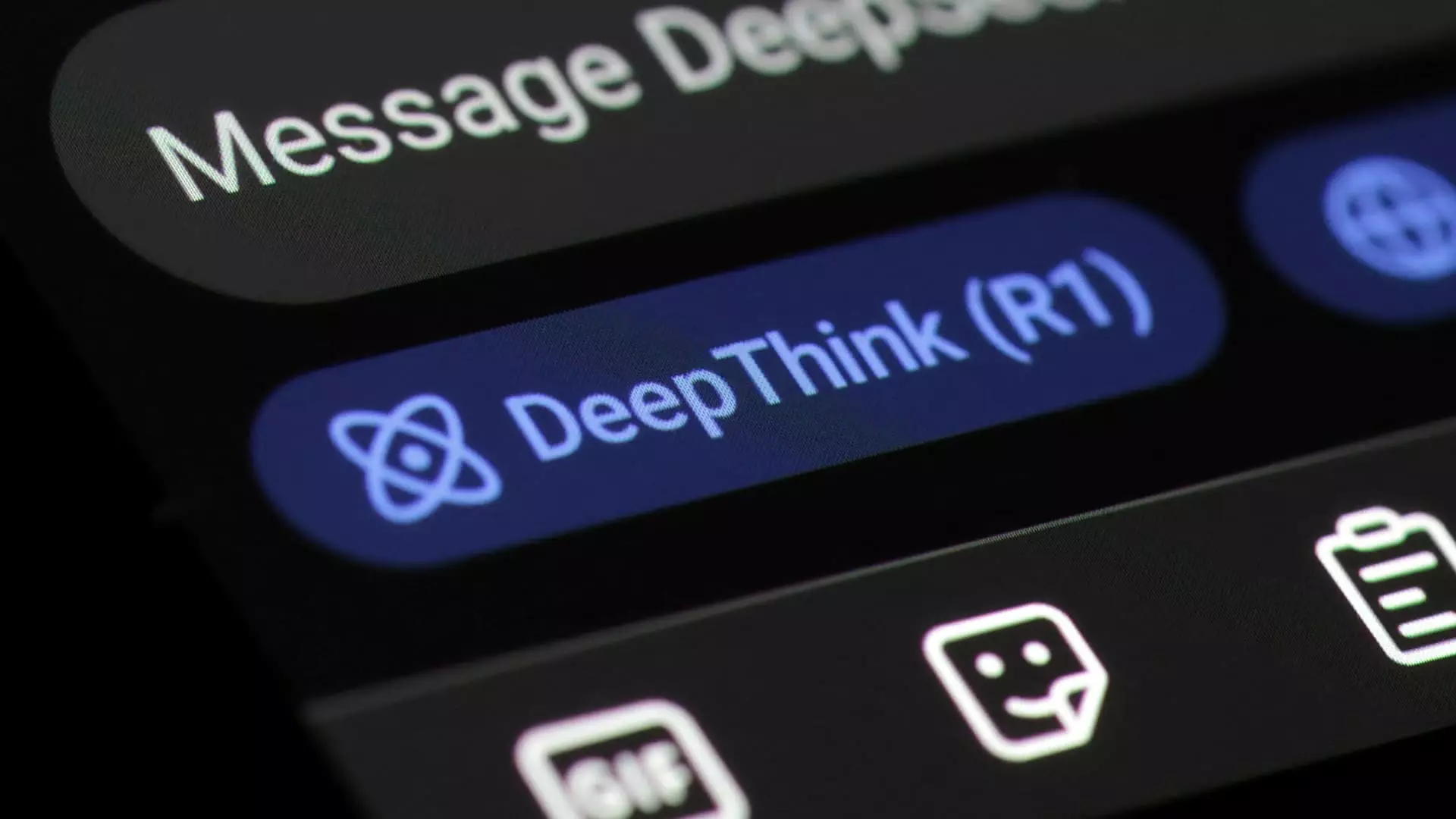In an increasingly interconnected world, the flow of technology and resources across borders has prompted complex compliance challenges, particularly regarding export regulations. Singapore’s Ministry of Trade and Industry (MTI) recently highlighted these issues amid scrutiny over the semiconductor supply chain involved in the operations of China’s DeepSeek. The crux of the controversy surrounds allegations about the sourcing of advanced AI chips essential for DeepSeek’s new language model, which has reportedly surpassed the capabilities of OpenAI’s offerings, all while maintaining a significantly lower training cost.
The announcement stirred the markets, emphasizing the underlying tension between innovation in artificial intelligence and the regulatory frameworks designed to govern cross-border technology transfers. DeepSeek’s ambitious claims have prompted the questioning of how they obtained the chips necessary for AI development, raising eyebrows about compliance with stringent export controls in the United States and other jurisdictions.
Nvidia’s Role and Compliance Assurance
At the heart of these concerns is Nvidia, a major player in the AI chip manufacturing sector. Bloomberg’s report on U.S. officials investigating the potential illicit acquisition of Nvidia chips by DeepSeek via intermediaries in Singapore added an extra layer of complexity to the narrative. Responding to these allegations, Nvidia’s spokesperson assured that the chips utilized by DeepSeek adhered strictly to export compliance regulations.
This assurance is pivotal, as Nvidia’s positioning influences the perspective of investors and stakeholders in the semiconductor industry. The company’s recent earnings report indicates Singapore is a significant contributor to its revenue, accounting for nearly 22%. However, it disclosed that shipments deemed to contribute to this revenue often went to other countries, not to Singapore itself. This detail further complicates the question of whether the supply chain for AI chips is being manipulated to flout export laws.
Singapore’s Committed Stance on Compliance
The MTI’s statement unequivocally reiterates Singapore’s commitment to uphold the rule of law, asserting its cooperative stance with U.S. authorities to safeguard compliance. The agency affirmed that it closely monitors the activities of companies within its jurisdiction to deter any potential violations. MTI’s position showcases Singapore not merely as an international business hub but as a responsible custodian of lawful commerce.
As international relations fluctuate with new technological advancements, Singapore aims to maintain its reputation as a trustworthy partner for major U.S. and European enterprises. By emphasizing strict adherence to both U.S. export controls and its own domestic legislation, Singapore seeks to reinforce confidence among global business players navigating this intricate landscape.
The interplay between technological advancement and regulatory frameworks will continue to challenge stakeholders in the AI sphere. Singapore’s proactive measures and clear communication regarding compliance expectations reflect an essential balancing act between fostering innovation and adhering to international laws. As the market for AI technologies expands, the sensitivity surrounding chip sourcing and their regulation will remain a focal point for governments and corporations alike, fortifying the need for transparency and adherence to legal frameworks in the pursuit of technological progress.

